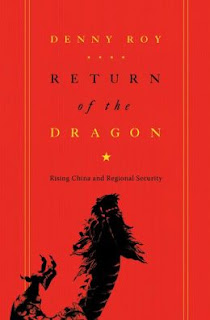 New from Oxford University Press: A Theory of Justice for Animals: Animal Rights in a Nonideal World by Robert Garner.
New from Oxford University Press: A Theory of Justice for Animals: Animal Rights in a Nonideal World by Robert Garner.About the book, from the publisher:
Are animals worthy recipients of justice? If so, what do we owe them, and what is to be gained by using the language of justice when considering our duties toward them? This innovative book argues that not only are animals worthy recipients of justice, but that the language of justice offers a stronger base of claims for animal advocates than does the language of ethics or morality. Contending that a genuinely political theory of animal rights must go beyond the level of ideal theory, this is the first account of animal ethics to use nonideal theory to plot a course from where we are now to where we want to be. Robert Garner argues that a valid theory of justice for animals should be rights-based, and that animals have a right to not suffer at the hands of humans. At the same time, he argues that humans have a greater interest in life and liberty than most species of nonhuman animals. Tackling animal ethics as it relates to justice and non-ideal theory, this is a seminal work that will challenge traditional approaches and offer a compelling new vision of animal justice.




























